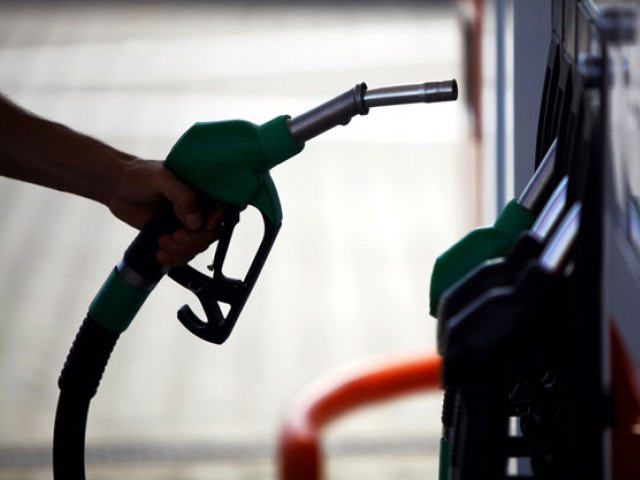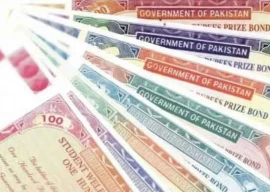
According to an official aware of the development, discussions are going on in government circles that the country, which had stopped oil import through land route about six years ago, should remove the restrictions as UN and US sanctions on Tehran have been withdrawn.
“This plan will lead to resumption of oil imports from Iran which has been on halt since 2010,” the official said.

This way oil smuggling from Iran, which has been continuing without much interruption through Balochistan, will come to an end and legal avenues will open up.
Instead of refined oil, Iran is capable of exporting crude oil in big volumes. Two Pakistani refineries - Pakistan Refinery Limited and Bosicor - had been importing Iranian crude until 2010 but after the sanctions banks refused to open letters of credit for oil purchases.
In an effort to check smuggling of goods, particularly petroleum products, Pakistan’s law enforcement agencies have sealed a 500km belt along the border by digging trenches and placing barbed wire. However, despite that, smugglers still find a way to dodge the security checks.
Among the smuggled goods, oil has a dominant place for decades. Apart from other means of transportation, mules are used to ship oil canisters from the other side of the border. Small-scale smugglers hire children who carry bottles of fuel and cross into Pakistan.
According to a government study, the main stumbling block in the way of trade with Iran is the payment for goods through banks. Now after the lifting of sanctions, Pakistan is hoping to open banking channels in June this year, which will also lead to the opening of land route for oil supply from Iran.
At present, oil demand in Pakistan stands at 22 million tons per year. Local refineries produce 13 million tons and the remaining is imported.
Pakistan State Oil is a major oil supplier and importer. Local refineries meet 45% of demand for high-speed diesel, which is widely used in transport and agricultural sectors. They also meet 35-40% of need for petrol and 30-35% of demand for furnace oil, which is consumed in power plants.
Pakistan is currently importing crude oil from the United Arab Emirates (UAE) and Saudi Arabia to meet the requirement of refineries including Parco, Pakistan Refinery, Attock Refinery, National Refinery and Byco.
Published in The Express Tribune, March 5th, 2016.
Like Business on Facebook, follow @TribuneBiz on Twitter to stay informed and join in the conversation.









1732486769-0/image-(8)1732486769-0-270x192.webp)







COMMENTS (1)
Comments are moderated and generally will be posted if they are on-topic and not abusive.
For more information, please see our Comments FAQ